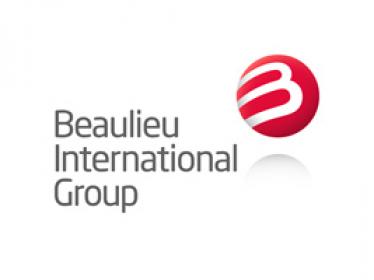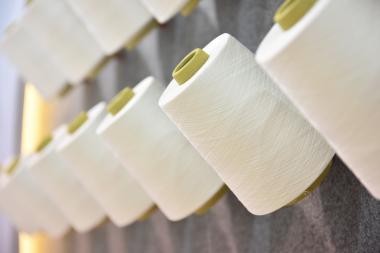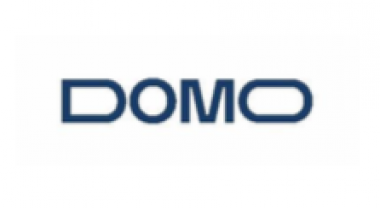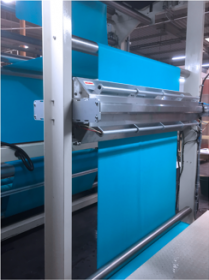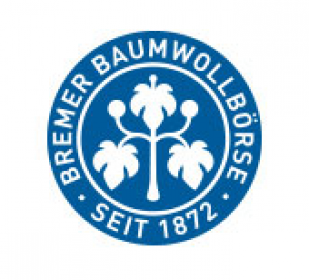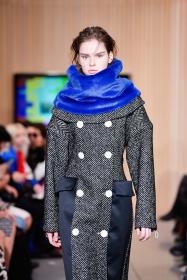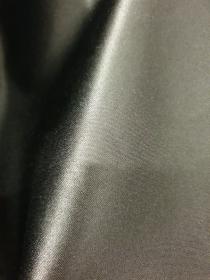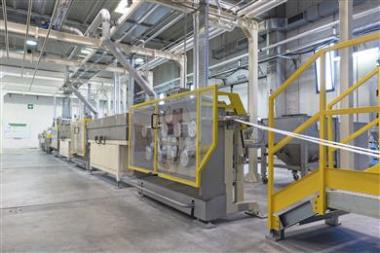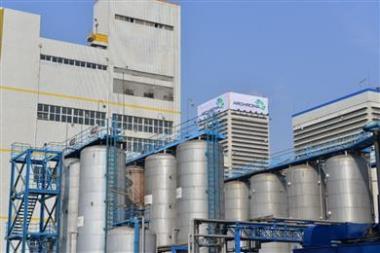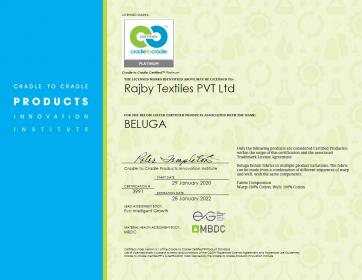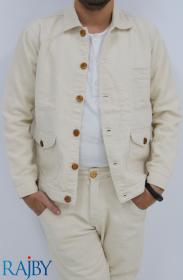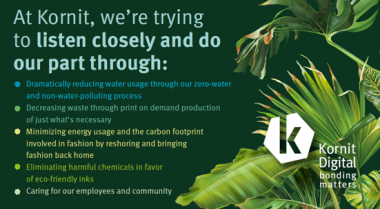Atte Virtanen appointed Head of Business Development at Fortum Bio2X
Mr Atte Virtanen has been appointed Head of Business Development at the Fortum Bio2X bioeconomy programme as of 1 May 2020. Atte will play a key role in establishing Bio2X partnerships, helping partners to advance more sustainable businesses, as well as developing industrial biorefinery operations together with the programme team.
Before joining Fortum, Atte was working 10 years in the Netherlands for Trespa International B.V and in Italy for Arpa Industriale S.p.A. In both companies, he was leading R&D activities in the areas of cellulose materials and thermosetting resins. In addition, Atte gained experience from production environment during his time at Stora Enso’s Kotka mills, where he worked several years both in paper production and in a paper impregnating plant.
Over the years, Fortum Bio2X has built a team with a focus on research and development, including piloting different production technologies. The programme is now moving on to the next phase by developing competencies in operations and maintenance. As part of this phase, Atte will help to shift the attention to commercializing the biomass fractions.
The Bio2X programme is part of Fortum’s strategy to build options for significant new businesses that improve resource efficiency and provide smart solutions. It aims to be the straw refiner with superior material efficiency and a leading supplier of responsible textile fibres. Bio2X focuses on an efficient use of the cellulose, hemicellulose and lignin fractions in order to replace fossil or otherwise detrimental raw materials in numerous end-use applications.
Fortum Cooperations
















